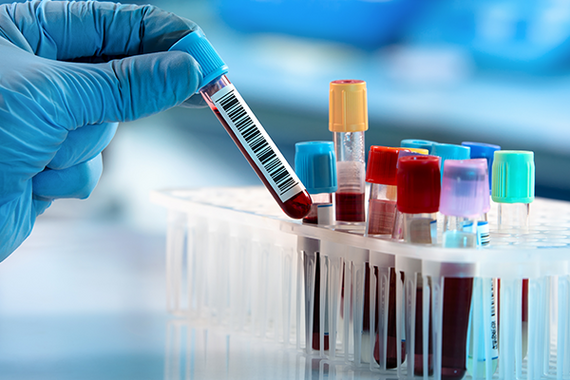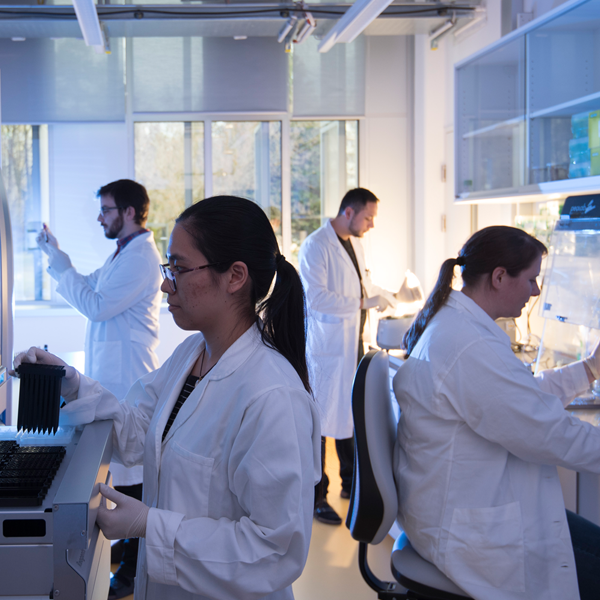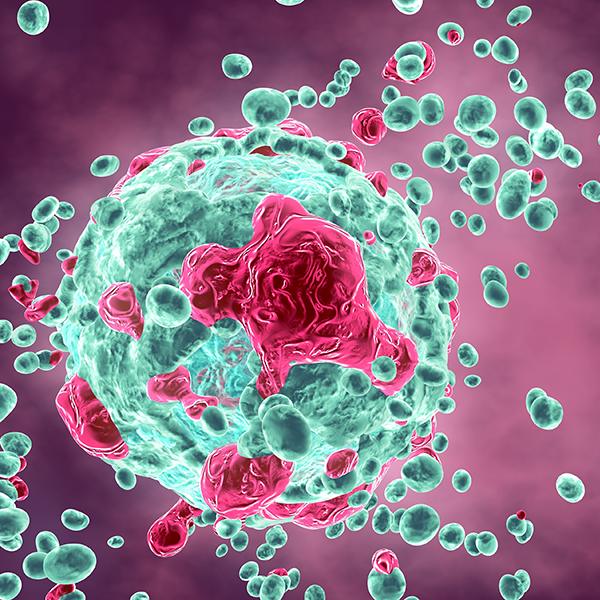-
The University
- Welcome
- Who we are
- Media & PR
- Studying
-
Research
- Profile
- Infrastructure
- Cooperations
- Services
-
Career
- Med Uni Graz as an Employer
- Educational Opportunities
- Work Environment
- Job openings
-
Diagnostics
- Patients
- Referring physicians
-
Health Topics
- Health Infrastructure
Referring physicians
The institute team offers a wide range of services to referring physicians.
Single-gene diagnostics
The majority of single-gene diagnostics employs PCR and Sanger sequencing in which protein-coding regions of the gene are either sequenced or targeted and the most common disease-causing sequence alterations are clarified.
Next generation sequencing
In the case of complex genetic diseases, next generation sequencing (NGS) is used to assess the protein-coding regions of several indication-specific and differential diagnostic genes while they are being collected.
Exome testing
Exome testing may be useful when a genetic syndrome or a rare genetic disease is suspected and there is no specific evidence of an alteration in a particular gene. In this test, the genetic variants of all known genes (around 20,000) are analyzed in connection with the clinical abnormality of the patient. In many cases, a comparative analysis of the parents' genetic datasets is also conducted (trio exome testing).
MLPA analysis
MLPA analysis of certain genes is possible if necessary and complements DNA sequence analysis by determining gains and losses of the gene of interest.
Chromosome analysis
Classic cytogenetic chromosome analysis includes the preparation of chromosomes to rule out a structurally or numerically conspicuous set of chromosomes. The chromosomes are ordered and presented in a karyogram.
FISH analysis
Fluorescence in situ hybridization (FISH) analysis allows targeted testing of chromosome regions with specific fluorescence-labeled DNA probes. Array comparative genomic hybridization (CGH) enables a high-resolution analysis of the human genome to detect losses and gains in genetic material. Complementing classic chromosome analysis, it is applied in prenatal and postnatal cytogenetics.
Tumor cytogenetics
Cytogenetic analysis of tumors investigates somatic changes in cells (numerical and structural chromosome abnormalities as well as the presence of certain genes or chromosome regions and changes in structure) from hematological neoplasms. It can confirm a suspected diagnosis and also be therapeutically relevant.

Specimen materials
We request that you plan to ship a specimen immediately after it has been collected so that no weekend or holiday falls between the collection of the specimen and its arrival at the institute. All specimens should be shipped protected from breakage and light and refrigerated or unrefrigerated (as required) in suitable shipping containers, for example by messenger or by Post Express.




